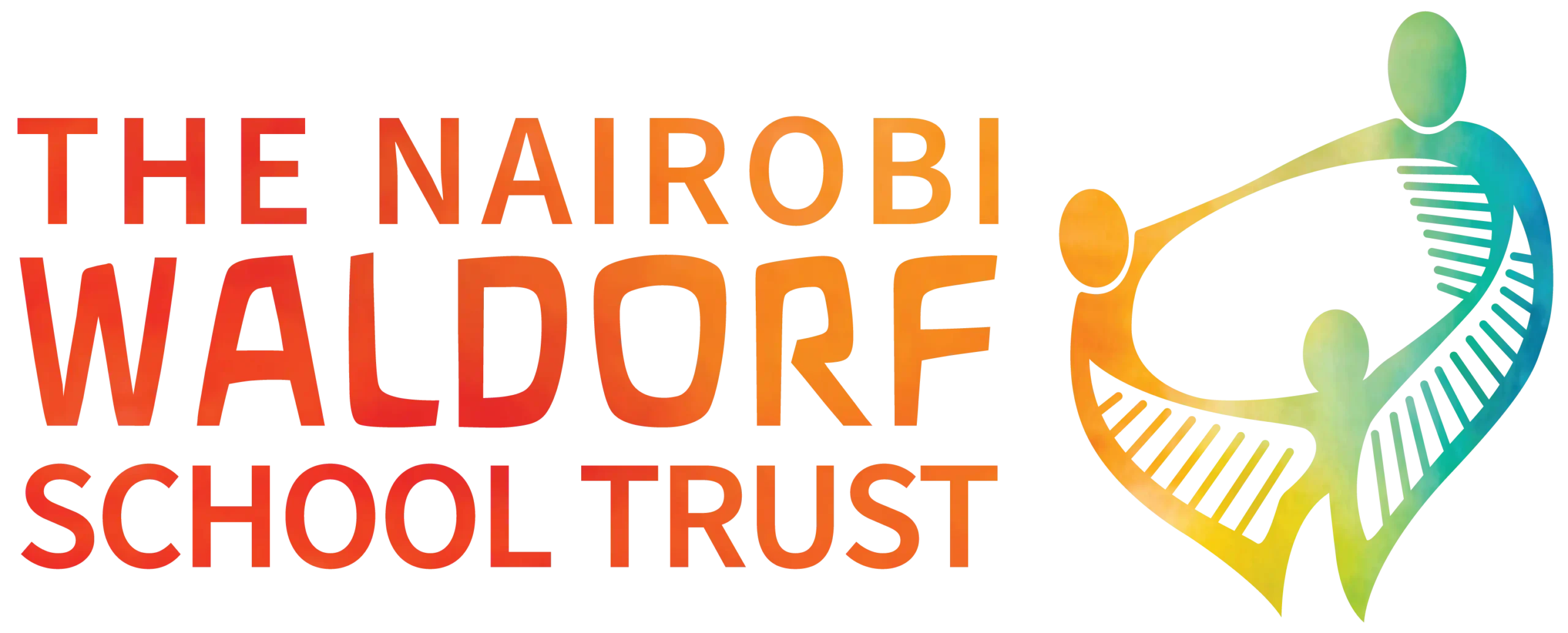Grade 8
The child is now faced with the task of permeating with consciousness the spheres of life, rhythm, and formative forces. The Waldorf curriculum supports this task through a study of the forces that form the earth from within (earthquakes, volcanoes, and the movement of the tectonic plates) and from without (wind, waves, and weather). Underlying historical dynamics can be revealed through a study of the Age of Revolutions, which include not only the political and industrial revolutions, but also the electronic and information revolutions. Students learn about social and governmental forms of historical and contemporary nations, in contrast to their study of economic life in seventh grade.
A central theme for eighth grade is the study of life in general, which includes human anatomy and organic chemistry of starches, sugars and fats. Transformations of these processes, such as soap making and oil refining, can then be examined in industrial settings. The formative development of the human being, including the sense and inner organs, tissue layers and skeleton, should be treated dynamically here, with biorhythms as an especially interesting theme. Rhythmic techniques in the arts and crafts support the child’s developing consciousness of this sphere of life. Such techniques include veil painting and shaded drawing, rhythmic and dance forms in music and eurhythmy and the use of the plane or spokes in woodworking.
English Language
Through literature, creative writing, and speech, students in Class 8 develop their ability to express themselves with clarity and confidence. They engage with stories that mirror their own inner journeys, exploring themes of transformation, morality, and resilience. These lessons cultivate critical thinking and a deeper appreciation for the power of language.
French
French studies continue to blossom as students refine their grasp of grammar and expand their vocabulary. They explore French culture through songs, stories, and conversational practice, building confidence and fluency in expressing themselves in this rich and beautiful language.
Kiswahili
Kiswahili lessons connect students to the linguistic and cultural heritage of East Africa. By delving into poetry, storytelling, and written expression, they deepen their command of the language while discovering the wisdom and beauty embedded in Kiswahili traditions.
Music
Music remains a vital thread in the Class 8 curriculum, offering students the opportunity to connect with rhythm and harmony on a deeper level. They engage in ensemble work, composing, and performing, discovering how music can express the joys and challenges of life.
Fine Arts
Through painting, drawing, and sculpture, students explore artistic themes that resonate with their growing individuality and awareness of the world. These creative pursuits provide an outlet for self-expression and encourage a sense of beauty and balance.
Games and Sports
Physical activity is an essential part of the Class 8 experience. Whether through team sports or individual challenges, students strengthen their physical endurance and learn the value of cooperation, discipline, and perseverance.
Mathematics
Mathematics lessons unfold with complexity and purpose, introducing concepts like algebra and geometry in a way that relates to the real world. Students are encouraged to approach problem-solving with curiosity and determination, building confidence in their abilities.
Physics
In physics, students explore the fundamental forces that shape our world. Through hands-on experiments and observation, they develop a sense of wonder and inquiry, connecting abstract concepts to the phenomena of everyday life.
Geography
Geography invites students to journey across continents and cultures, studying the interconnection between human beings and the Earth. Themes such as climate, ecosystems, and global interdependence inspire a sense of responsibility and care for the natural world.
History
History lessons bring the past to life, helping students see how the stories of humanity have shaped our present. From the rise and fall of civilizations to pivotal historical moments, they develop a deep appreciation for the forces that have influenced human progress.
